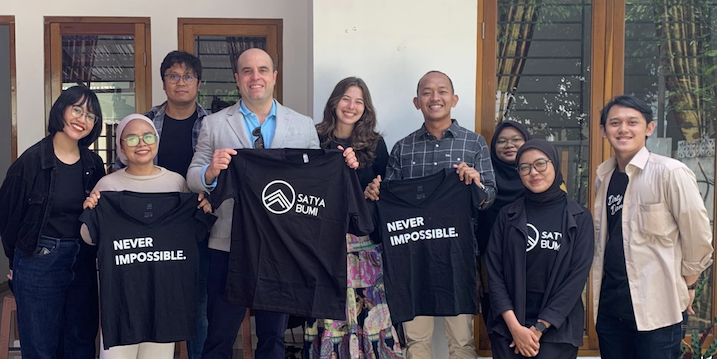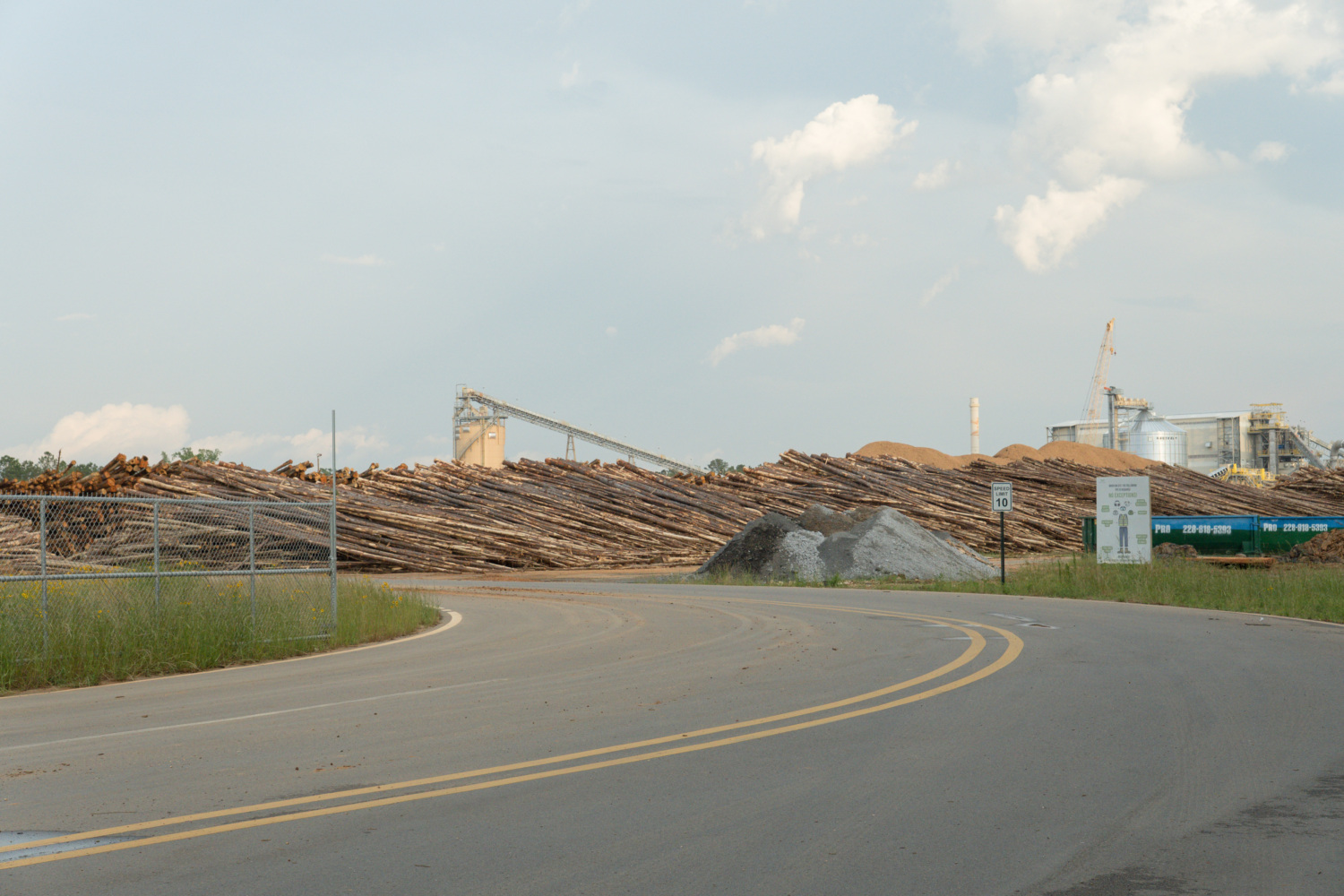
Mighty Earth calls for immediate repeal of law threatening Amazon Soy Moratorium
Mighty Earth considers the law approved by the government of Mato Grosso, which restricts the granting of tax benefits to companies that are signatories to the Amazon Soy Moratorium, a risk to the conservation of the Amazon. As the biggest soybean-producer state in Brazil, Mato Grosso is undermining the Soy Moratorium and putting corporate Deforestation and Conversion-Free (DCF) commitments at risk. On behalf of civil society, we call for the immediate repeal of the law and the development of mechanisms that guarantee not only the maintenance of the Soy Moratorium in the Amazon, but its extension to the Cerrado.
Approved by the governor of Mato Grosso, Mauro Mendes, and supported by a large portion of state deputies, this regulation is a setback that uses public economic power (through tax incentives) to undermine the most effective voluntary commitment of the 21st century to protect tropical forests and weaken corporate commitments to zero deforestation. In practice, the new law penalizes not only companies that are signatories to the Soy Moratorium, but Mato Grosso farmers aligned with good agricultural practices, in favor of a small group of rural producers who want to continue destroying the Amazon to increase their production.
Created in 2006, the Soy Moratorium is one of the most successful mechanisms to protect the Amazon from the advance of agribusiness. This is a voluntary agreement in which the largest soy traders committed to not buy soy from areas in the Amazon deforested after July 2008. Among the signatories are the main global soybean traders such as Cargill, Bunge, ADM, Amaggi, COFCO, Cutrale and Louis Dreyfus. In addition, large consumers of soy, such as Carrefour and McDonald’s, rely on the Soy Moratorium to ensure that soy used as animal feed for their chicken, beef and pork products is not contaminated by Amazon deforestation.
Most of the Soy Moratorium signatory companies have public commitments to put an end to deforestation in their supply chains in the coming years. The weakening of the Soy Moratorium is a risk to these corporate commitments, which aim to eliminate deforestation from their supply chains, which is a major driver of biodiversity loss and climate change, reducing greenhouse gas emissions in line with actions to keep the planet’s temperature rise to 1.5 degrees.
The weakening of the Soy Moratorium increases the uncertainty of Brazilian agricultural production in relation to environmental commitments and increases the distrust of international markets about the origin of soy produced in the country and its connections with deforestation and forest conversion. The measure is contrary to international regulations, such as the EUDR (European Union Deforestation Regulation), which requires transparency and traceability to the farm level in supply chains.
The effectiveness of the Soy Moratorium is recognized worldwide. Between 2009 and 2022, the area monitored by the Moratorium, 76 municipalities that are responsible for 98% of soy production in the Amazon, had a 69% reduction in deforestation. Even so, recent deforestation cases linked to soy plantation are often alerted in the Amazon. In its latest Soy Rapid Response, published in March 2024, Mighty Earth connected 30,031 hectares of deforestation in the Amazon between September and December 2023 with soy production from major global traders. This alarming data shows that the Soy Moratorium should be expanded, instead of rolling back progress made in the Amazon over the past 18 years.


